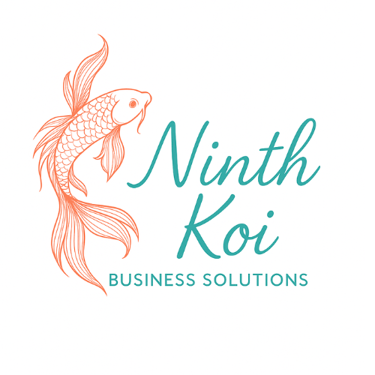Business Coaching for Neurodiverse Entrepreneurs | Ninth Koi Business Solutions
Discover how tailored business coaching, integrating productivity, accountability, and neurodiverse support, can help entrepreneurs thrive without burnout.
Caroline Jones
5/12/20255 min read
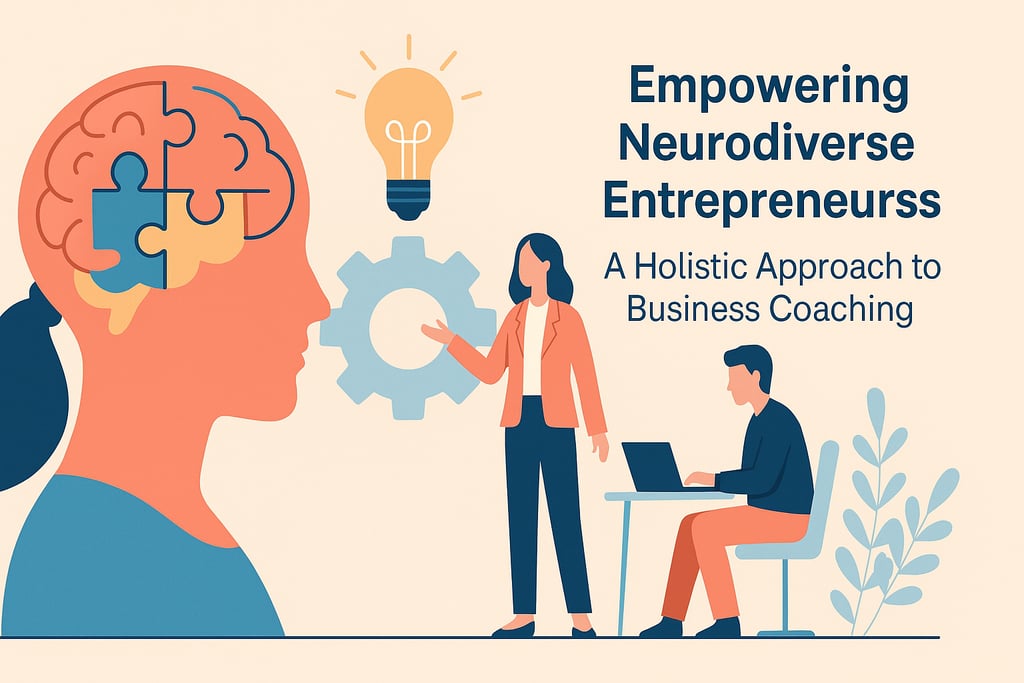

Running a business is hard enough. Doing it while navigating ADHD, autism, or any other form of neurodivergence? That’s a different ball game altogether.
Neurodiverse entrepreneurs often carry invisible loads: executive dysfunction, sensory sensitivities, time blindness, and chronic overwhelm, to name a few. Traditional coaching methods tend to miss these nuances, prescribing cookie-cutter solutions that simply don’t work for minds wired differently.
At Ninth Koi Business Solutions, I offer a more grounded, strategic, and frankly, kinder approach. One that integrates business strategy with neurodivergent support. This isn’t just coaching. It’s co-creating a business that fits your brain, not fighting your brain to fit a business.
If you've ever felt like you’re doing everything “wrong” despite working three times as hard - this article is for you.
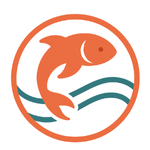

Understanding Neurodiversity in Entrepreneurship
Neurodiversity refers to the natural variation in how human brains function. ADHD, autism, dyslexia, dyscalculia, and other cognitive differences aren’t deficits, they’re just different operating systems. In business, those differences can be both superpowers and stumbling blocks.
Let’s name the hard stuff:
Executive dysfunction makes planning and prioritising difficult.
Sensory sensitivities can turn co-working spaces or Zoom fatigue into actual barriers.
Task initiation and time blindness make consistent progress a daily challenge.
Masking and burnout from trying to “pass” as neurotypical can sap all energy before you even open your inbox.
In Australia, it’s estimated that 1 in 5 people live with some form of neurodivergence, yet workplaces and business ecosystems remain largely neurotypical in design. That means many entrepreneurs are building businesses in systems not designed for them.
And that’s exactly why tailored, integrated coaching is so essential.
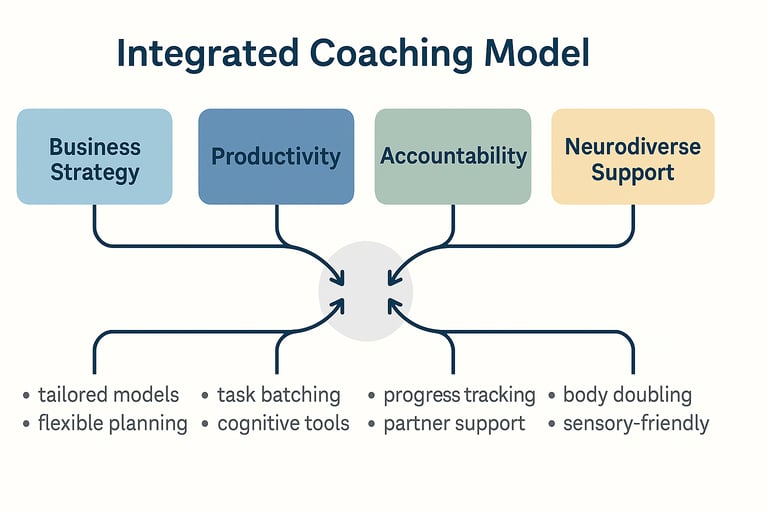

The Pillars of Integrated Coaching
Integrated coaching goes beyond ticking boxes. It connects the strategic with the personal, combining business know-how with practical support for the way your brain works. Here’s how I do it:
1. Business Strategy: Make Your Business Work for You
Your business should be designed to match your strengths, not mirror someone else’s success formula. That might mean:
Choosing a business model that reduces decision fatigue (e.g., retainers over ad hoc tasks).
Structuring offers around your energy patterns.
Creating workflows that build in recovery time, not just hustle.
We also embrace flexible planning methods—weekly rhythms over rigid schedules, visual workflows over spreadsheets, permission to change direction without shame.
2. Productivity Coaching: Systems That Actually Stick
“Just use a to-do list” doesn’t cut it when your brain rejects structure unless it’s meaningful.
Instead, we use tools that feel good to use:
Task batching to reduce context-switching.
Pomodoro or 52/17 techniques to align with attention spans.
Tools like Notion, Trello, or even sticky notes if they work for you.
Gentle automation using platforms like Make and Zapier to offload repetitive admin.
You don’t need to change who you are to be productive. You just need systems that meet you where you are.
3. Accountability Coaching: Stay on Track (With Grace)
Accountability isn’t about pressure or guilt-tripping, it’s about clarity, support, and celebration.
That’s why we:
Co-create progress tracking systems that reflect your goals and values.
Use body doubling (working together virtually) to tackle the tasks you avoid.
Offer weekly check-ins that balance gentle nudges with real talk.
Celebrate micro-wins, not just massive milestones.
Having someone in your corner makes a difference, especially when your internal sense of time and urgency is on a delay.
4. Neurodiverse Support: Design for Your Brain, Not Against It
Your environment and habits matter. Some key supports include:
Sensory-friendly work setups (lighting, noise, seating) to reduce background stress.
Body doubling (explained here) to bypass task paralysis.
Using dopamine-first scheduling—leading with joy, not just obligation.
Custom rituals for transitions, rest, and recharging.
Neurodiverse support isn’t a nice-to-have. It’s the foundation.
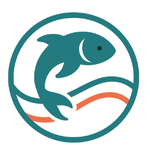

Case Studies and Success Stories
🧠 Client A: From Overwhelmed to In Control
Client A, a Brisbane-based gardener with ADHD, came to me feeling like they were drowning in admin and stuck in a feast-or-famine income cycle.
We restructured their service offers into retainers, built a Notion dashboard that visually mapped out their weekly priorities, and set up body doubling sessions twice a week.
Three months later, they were booked out with stable income and finally had evenings off. Their words, not mine: “I finally feel like I’m running the business, not the other way around.”
👩💻 Client B: Scaling with Support
Client B, a neurodivergent founder in tech, was struggling to delegate and systematise. They didn’t need a cheerleader, they needed a co-strategist.
Together, we automated onboarding using Make, built templates for their weekly tasks, and created an executive dashboard for decision-making.
Now they’ve hired two contractors and are scaling without the burnout spiral.
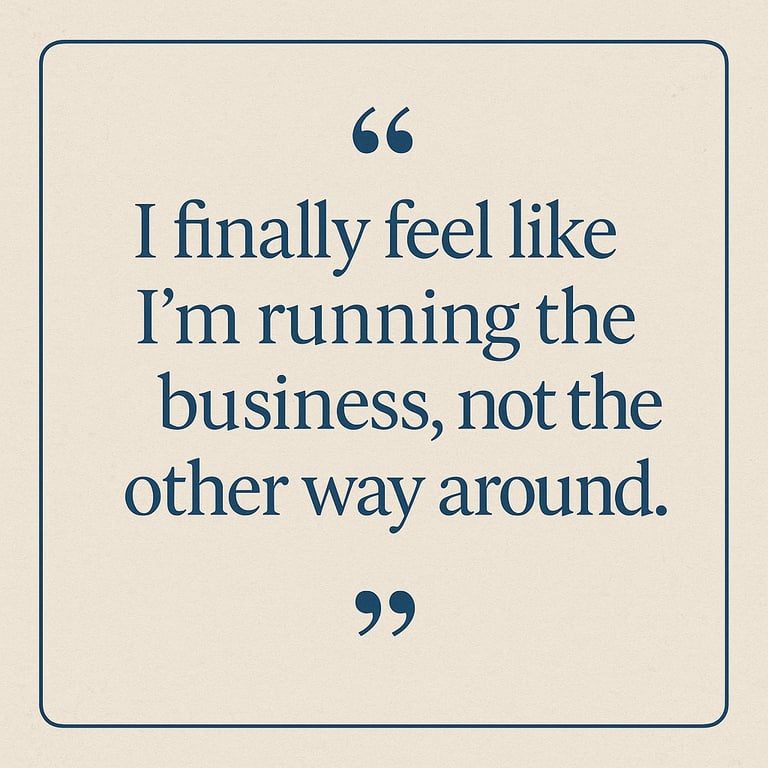

Practical Tools and Techniques
Here’s a quick list of strategies you can explore today:
Body Doubling Sessions – Try coworking with a friend or coach for focus.
Task Batching – Group similar tasks (e.g., all emails, all social posts).
Visual Planners – Use colour-coded whiteboards or Notion for dopamine hits.
Timed Sprints – 25-min blocks with 5-min breaks. Adjust as needed.
Sensory Kits – Noise-cancelling headphones, fidget tools, weighted blankets.
Progress Boards – Use Trello to track “Done” as much as “To Do.”
Want templates for planning, batching, or prioritising? Check out my resource library here.


Conclusion
Neurodiverse entrepreneurs aren’t broken. We’re just playing by different rules - and often, playing multiple roles with less support.
Integrated coaching provides a way to thrive without forcing yourself into a box. It’s about support and systems, strategy and self-awareness.
If this resonates, I’d love to meet you. Book a discovery call and let’s figure out how to make your business feel like yours again.


FAQs
What is neurodiverse business coaching?
It’s coaching that blends business strategy with supports tailored to neurodivergent needs - like executive functioning help, body doubling, and energy-based planning.
How does accountability coaching help entrepreneurs?
It helps by offering consistent, structured check-ins that build momentum and reduce shame-based motivation. You get clarity, support, and someone in your corner.
Can productivity techniques be adapted for ADHD?
Absolutely. Most mainstream productivity advice doesn’t work for ADHD brains. We use flexible methods like the Pomodoro technique, dopamine scheduling, and visual tracking.
What is body doubling, and how does it work?
Body doubling means working alongside someone (virtually or in person) to make task initiation easier. It’s a powerful strategy for ADHD and anxiety-related paralysis.
How do I know if I need integrated coaching support?
If you're smart, capable, and still struggling to do the things, coaching might help. Especially if you're juggling 10 hats, avoiding inboxes, or procrastinating on the stuff that actually matters.
🔗 Further Reading
Building a Neuroinclusive Workplace – Deloitte Insights
13 Productive Ways To Support Neurodivergent Employees – Forbes
Body Doubling Strategy – Wikipedia
Ninth Koi Business Solutions
Tailored support for small businesses and solopreneurs.
Sign up to receive free tools, tips, and resources that will help your business grow effortlessly.
© 2025. All rights reserved.
Terms of Use & Refunds Policy




Ninth Koi Business Solutions proudly supports LGBTQIA+ inclusion, neurodiverse empowerment, and Aboriginal sovereignty.
